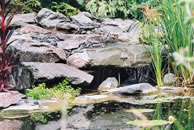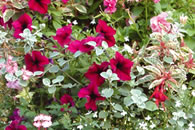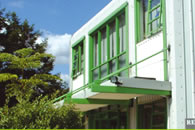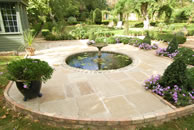01462 734 797 |
|||||
 |
 |
 |
 | ||
|
Garden & Pond Top TipsGrow a mixture of native and non-native plants to provide nectar and pollen for bees and other insects. Choose plants that flower at different times of year to ensure that pollen and nectar are available over a long period. Select trees and shrubs with berries for birds and other animals. |
|
||||
|
Aquatic
Services, Garden
Pond Services, Garden Pond Maintenance © 2026 IMAS AQUATIC SERVICES. All rights reserved. Imas Aquatics, Garden Pond and Pond Maintenance Services; Hertfordshire Bedfordshire Buckinghamshire: Imas Aquatic & Garden Services, 17 Kingsway, Stotfold, Hertfordshire SG5 4EL Tel: +(0) 1462 734 797 - Fax: 01462 733 353 - Email: info@imas-services.co.uk |
|||||